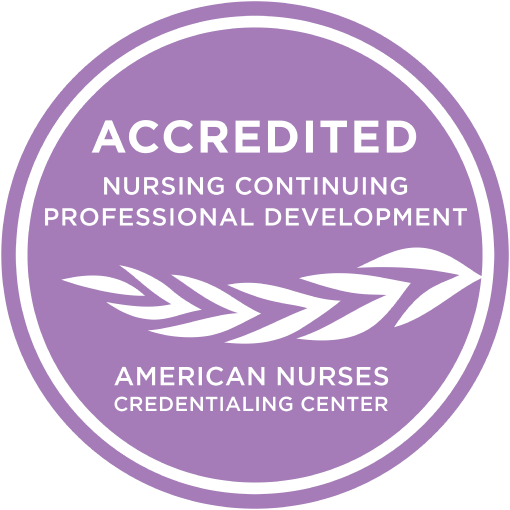New Jersey APRN Bundle
Contact Hours: 30
Pharmacology Hours: 12
Course Overview
In this course we will cover a variety of nursing topics pertinent in the state of New Jersey, which are listed in the course outline below. This course is appropriate for APRNs. Upon completion of this single module you will receive a certificate for 30 contact hours, including 12 pharmacology contact hours.
Course Outline
- New Jersey Opioid Prescribing
- New Jersey Implicit and Explicit Bias
- Organ and Tissue Donation
- Flap Surgery: The Basics
- Diabetic Ketoacidosis Management
- Heart Disease Prevention & Management
- Nutrition for a Healthy Heart
- Adverse Childhood Experiences (ACES)
- Trauma Informed Care in Nursing
- Nursing Care in Lewy Body Dementia
- Understanding Lupus Nephritis
- Alcohol Use Disorder: Long Term Effects and Complications
- SSRI Use in Anxiety Disorders
- Anticoagulant Therapy
- SNRIs for Depression
- Corticosteroid Therapy
- Anti-Arrhythmics
- Antibiotic Use in UTI
Course Outcomes
After completing this course, the learner will rate a 4 out of 5 on the Likert Scale for their ability to:
- Describe how implicit and explicit biases related to race, socioeconomic status, weight, age, and sexual orientation impact pain management, patient communication, and treatment decisions in obstetrics and gynecology.
- Describe factors when prescribing opioids, their indications, and their effects.
- Explain the role of nurses in the pre-transplant, peri-transplant, and post-transplant phases.
- List examples of indications for flap surgery.
- Identify risk factors for diabetic ketoacidosis.
- Describe the various types of heart disease.
- Discuss heart-healthy eating principles, including macronutrient intake, essential vitamins and minerals, fiber, and the importance of limiting saturated fats, trans fats, cholesterol, salt (sodium), processed foods, and added sugars.
- Identify the three main categories of ACEs.
- Define trauma informed care.
- List three clinical symptoms of Lewy body dementia.
- Discuss the prevalence and epidemiology of lupus nephritis among patients with systemic lupus erythematosus (SLE).
- Describe the pathophysiology, diagnostics, and treatments for alcohol use disorder.
- Analyze the pros and cons of prescribing each SSRI
- Identify potential anticoagulants used to prevent and treat venous thromboembolism.
- Identify the types and uses of Serotonin and Norepinephrine Reuptake Inhibitors (SNRIs).
- Describe the effect that corticosteroids have on the immune system.
- Recognize antiarrhythmic drugs according to the Vaughan-Williams classification system.
- Differentiate between uncomplicated and complicated UTI.
Accreditations and Approvals

- American Nurses Credentialing Center (ANCC) (P0614)
- California Board of Registered Nursing (CEP 17418)
- Kentucky Board of Nursing (7-0090)
- Louisiana State Board of Nursing (58)
- Florida Board of Nursing (50-23983)
- Delaware Board of Nursing (DE-24-010127)
- Alabama Board of Nursing (#ABNP1577)
- Iowa Board of Nursing (#393)
- Kansas Board of Nursing (LT0340-0325)
Approved by the Board of Nursing in every state, you can complete your RN, LVN, and APRN CEUs with confidence.
Accreditation Statement
Nursing CE Central LLC is accredited as a provider of nursing continuing professional development by the American Nurses Credentialing Center's Commission on Accreditation.
It will take the average learner 1800 minutes to complete and awards 30 contact hours of continuing education.
Written For
- Advanced Practice Registered Nurses (APRN)
Requirements for Completion
- Enrollment in the course by the learner
- Read and learn all course materials
- Complete the course evaluation
- Attest and testify learning of the course materials
Disclosure of Relevant Financial Relationships
Nursing CE Central nor any of the authors, planners, content experts, or any contributors have any relevant financial relationships with ineligible companies to disclose.
